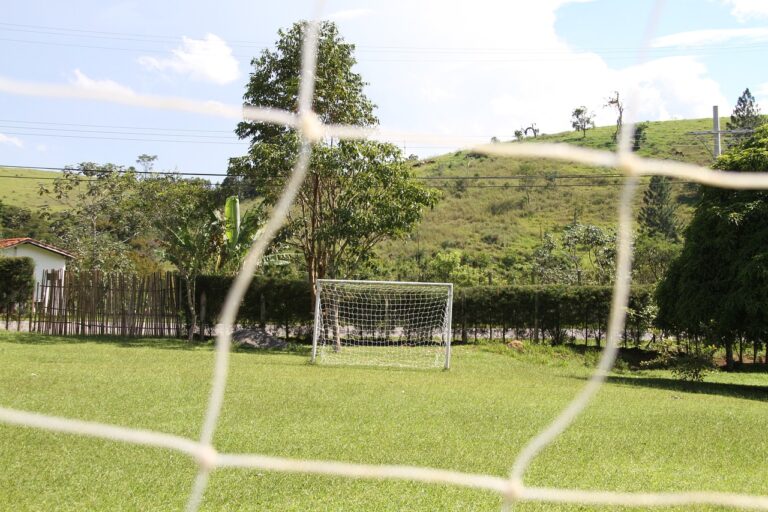Weatherproofing IPL Stadiums: Challenges and Solutions: Bet bhai, Cricket bet 99, Diamondexch9
bet bhai, cricket bet 99, diamondexch9: Weatherproofing IPL Stadiums: Challenges and Solutions
The Indian Premier League (IPL) is one of the most popular cricket tournaments in the world, attracting millions of fans to stadiums each year. However, one major challenge faced by IPL stadiums is the unpredictable weather conditions that can disrupt matches and inconvenience spectators. In this article, we will discuss the challenges of weatherproofing IPL stadiums and explore potential solutions to mitigate these issues.
1. Climate Variability
One of the main challenges faced by IPL stadiums is the variability of the climate in different regions of India. From scorching heat in cities like Chennai to heavy rainfall in Mumbai, stadium managers must be prepared for a wide range of weather conditions.
2. Rain Delays
Rain delays are a common occurrence during the IPL season, causing matches to be interrupted or even canceled. This not only disappoints fans but also creates logistical challenges for teams and broadcasters.
3. Heat Stress
In cities with high temperatures, players and spectators are at risk of heat stress and dehydration. Stadiums must provide adequate cooling systems and shade to ensure the comfort and safety of all attendees.
4. Wind and Dust
Dusty and windy conditions can affect visibility and create discomfort for players and spectators. Stadiums must have measures in place to minimize the impact of these environmental factors.
5. Structural Damage
Extreme weather events such as cyclones or thunderstorms can cause structural damage to stadiums, posing a serious risk to the safety of everyone on site. Stadiums must be built to withstand such events and have emergency protocols in place.
6. Solutions for Weatherproofing IPL Stadiums
To address these challenges, IPL stadiums can implement the following solutions:
– Install retractable roofs or covers to protect the playing area from rain.
– Invest in drainage systems to quickly remove excess water from the field.
– Use cooling technologies such as misting fans and air-conditioned enclosures.
– Plant trees and create green spaces around the stadium to reduce heat island effects.
– Conduct regular maintenance and inspections to identify and address structural weaknesses.
– Collaborate with weather forecasting agencies to predict and prepare for adverse weather conditions.
FAQs
Q: How do IPL stadiums decide whether to continue a match during rain delays?
A: Decision-making during rain delays is based on the Duckworth-Lewis-Stern method, which calculates target scores for teams in interrupted matches.
Q: Can spectators get a refund if a match is canceled due to weather conditions?
A: This depends on the stadium’s policy and the guidelines set by the IPL governing body. Refunds or rescheduled matches may be offered in certain circumstances.
Q: Are there any plans to build indoor stadiums for the IPL?
A: While there have been discussions about constructing indoor stadiums, the feasibility and cost-effectiveness of such projects are still being evaluated.
In conclusion, weatherproofing IPL stadiums is a complex and multi-faceted challenge that requires proactive planning and investment in infrastructure. By implementing innovative solutions and staying abreast of the latest technologies, IPL stadiums can ensure a seamless and enjoyable experience for players and spectators alike.







